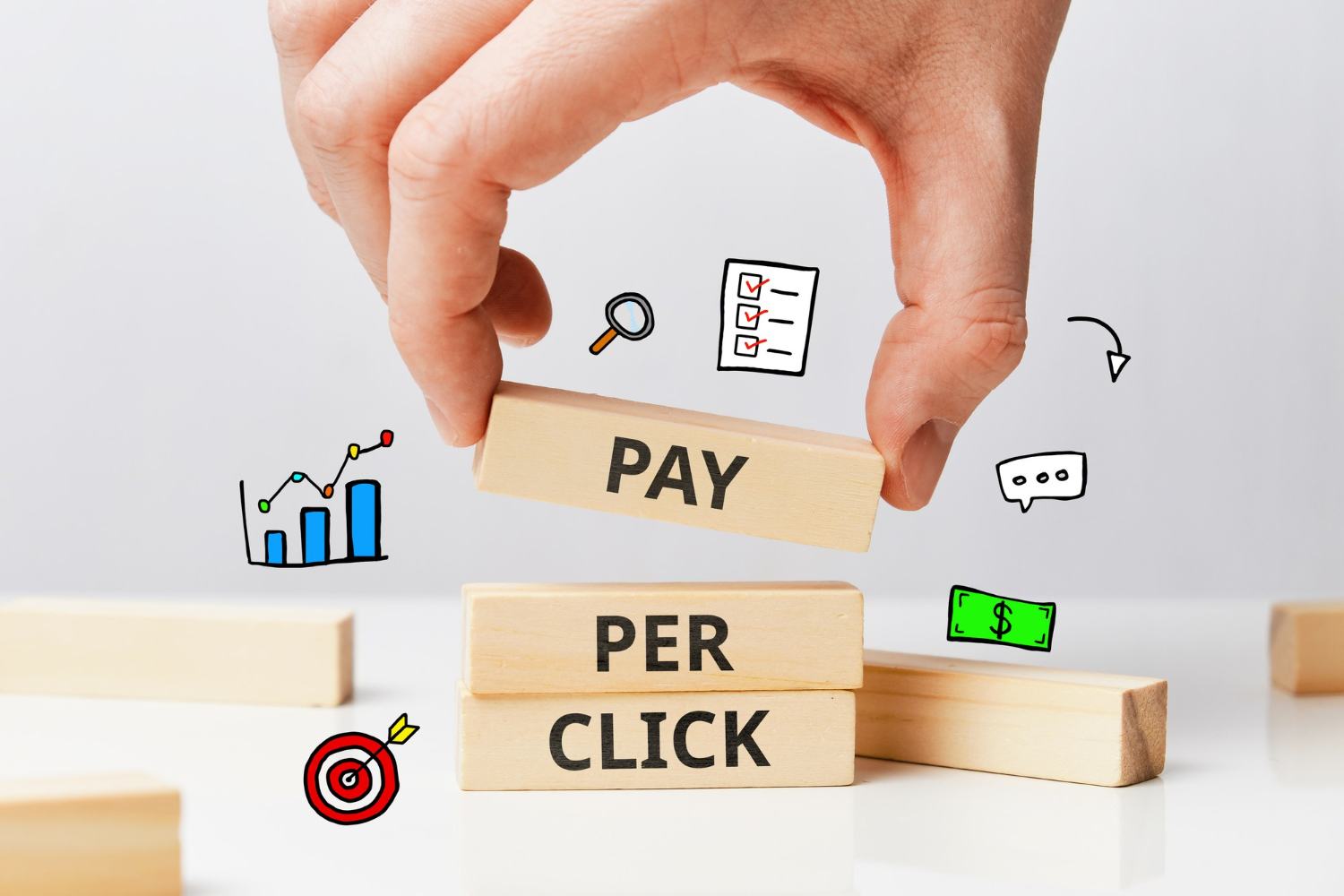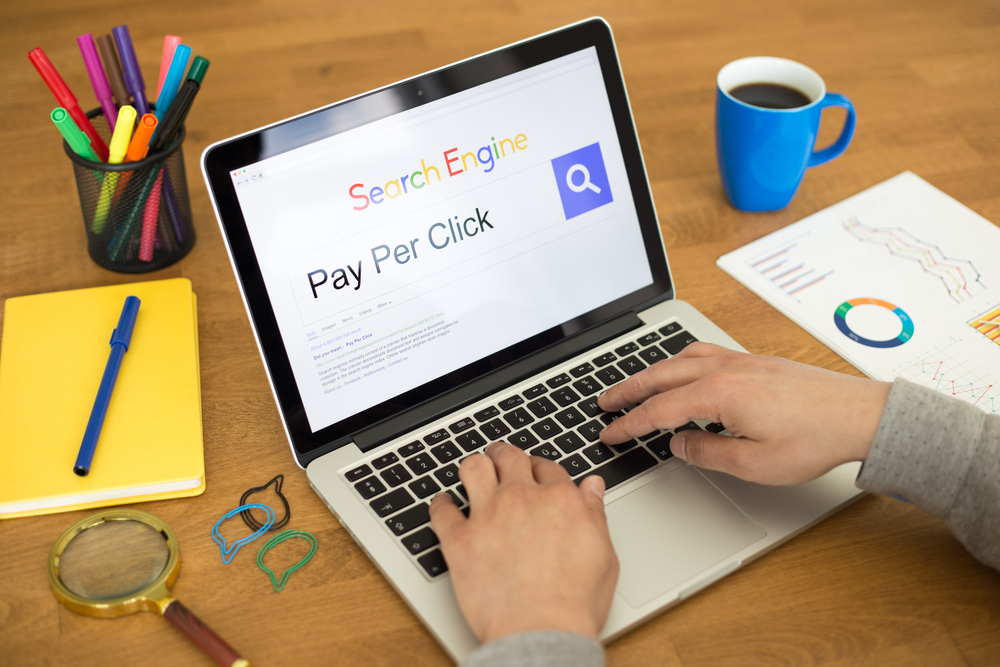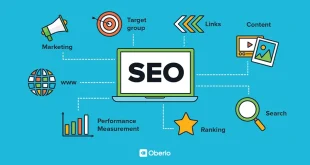In today’s digital marketing landscape, Pay Per Click (PPC) advertising has emerged as a powerful tool for businesses to reach their target audience and achieve measurable results. “Mastering Pay Per Click Advertising: Strategies for Effective Campaigns” explores the intricacies of PPC advertising, from understanding its fundamentals to implementing advanced strategies that maximize ROI.
Understanding Pay Per Click Advertising
PPC advertising is a payment model in which advertisers are charged a fee every time someone clicks on their ad. It allows businesses to bid for ad placement in search engine results and other digital platforms, targeting specific keywords and demographics to attract relevant traffic to their website.

Key Components of PPC Advertising
Keyword Research
Effective PPC campaigns start with thorough keyword research. This involves identifying relevant keywords that potential customers are likely to use when searching for products or services offered by your business.
Ad Creation
Compelling ad copy is crucial for PPC success. Ads should be concise, relevant to the search query, and include a clear call-to-action (CTA) to encourage clicks and conversions.
Bidding Strategy
PPC functions through a bidding system wherein advertisers vie for ad placement by competing against each other.A strategic bidding strategy considers factors such as keyword competitiveness, budget allocation, and desired campaign goals.
Ad Extensions
Ad extensions enhance your ads with additional information like site links, callouts, location information, and more. They improve ad visibility and provide users with more reasons to click on your ad.
Quality Score
Quality Score is a metric used by search engines to evaluate the relevance and quality of your ads and keywords. It considers factors like expected click-through rate (CTR), ad relevance, and landing page experience.A higher Quality Score can result in reduced costs and improved positioning of ads.
Benefits of PPC Advertising
PPC advertising offers several advantages for businesses:
Targeted Reach
Target precise audiences according to demographics, location, interests, and search patterns.
Immediate Results
Drive immediate traffic to your website and generate leads or sales.
Measurable ROI
Track performance metrics like clicks, conversions, and cost per acquisition (CPA) to measure the success of your campaigns.
Controlled Budget
Establish daily or campaign budgets to effectively control costs.
Implementing a Successful PPC Campaign
Setting Goals
Define clear objectives for your PPC campaigns, whether it’s increasing website traffic, generating leads, or boosting sales. Goals provide direction and help measure success.
Target Audience Identification
Understand your target audience’s demographics, preferences, and behaviors to create targeted campaigns that resonate with potential customers.
Choosing the Right Keywords
Select relevant keywords with high search volume and low competition to maximize your ad’s visibility and attract quality traffic.

Crafting Compelling Ads
Write compelling ad copy that highlights your unique selling propositions (USPs), includes relevant keywords, and encourages users to take action.
Monitoring and Optimization
Regularly monitor campaign performance and make data-driven optimizations to improve ad relevancy, increase CTR, and maximize ROI.
Common Challenges in PPC Advertising and Solutions
Click Fraud
Implement click fraud detection tools and monitor traffic patterns to identify and mitigate fraudulent clicks.
High Competition
Focus on long-tail keywords, niche targeting, and improving Quality Score to compete effectively with larger advertisers.
Ad Fatigue
Rotate ad creatives, test different messaging, and update ad copy regularly to combat ad fatigue and maintain user engagement.
Rising Costs
Optimize bidding strategies, improve Quality Score, and refine targeting to achieve cost-effective results despite rising competition.
Future Trends in PPC Advertising
PPC advertising is evolving with advancements in technology and changing consumer behaviors. Future trends include:
Automation
AI-driven bidding and campaign management.
Voice Search
Optimization for voice-enabled devices and natural language queries.
Visual Ads
Increased use of video and interactive ads.
Cross-Channel Integration
Seamless integration with other digital marketing channels for cohesive campaigns.
Benefits of PPC Advertising
PPC advertising offers several advantages for businesses:
Targeted Reach
Target specific audiences based on demographics, interests, and search behavior.
Immediate Results
Drive immediate traffic to your website and generate leads or sales.
Measurable ROI
Track performance metrics such as clicks, conversions, and cost per acquisition (CPA) to measure campaign success.
Controlled Budget
Set daily or campaign budgets to manage costs effectively and optimize spending.
Implementing a Successful PPC Campaign
Setting Goals
Define clear objectives for your PPC campaigns, whether it’s increasing website traffic, generating leads, or boosting sales. Goals provide direction and help measure the success of your advertising efforts.
Target Audience Identification
Understanding your target audience’s demographics, preferences, and behaviors is essential for creating targeted PPC campaigns that resonate with potential customers.
Choosing the Right Keywords
Selecting relevant keywords with sufficient search volume and low competition is critical for maximizing ad visibility and attracting quality traffic to your website.
Crafting Compelling Ads
Write persuasive ad copy that highlights your unique selling propositions (USPs), includes relevant keywords, and encourages users to take action, such as making a purchase or requesting more information.

Conclusion
Mastering Pay Per Click advertising requires a strategic approach, continuous optimization, and a deep understanding of your audience and market dynamics. By leveraging the key components of PPC advertising and staying ahead of emerging trends, businesses can achieve significant growth and maximize their digital marketing efforts.
FAQ
What is Pay Per Click (PPC) advertising?
PPC advertising is a digital marketing approach where advertisers incur costs for each click on their ad.It allows businesses to bid for ad placement in search engine results and other digital platforms.
How does PPC advertising benefit businesses?
PPC advertising offers targeted reach, immediate results, measurable ROI, and controlled budget management, making it an effective tool for driving traffic and conversions.
How do I measure the success of my PPC campaigns?
Success in PPC advertising can be measured through metrics like clicks, conversions, CTR, Quality Score, and CPA. Use analytics tools provided by advertising platforms to track and analyze campaign performance.
What are some best practices for optimizing PPC campaigns?
Optimize PPC campaigns by conducting thorough keyword research, crafting compelling ad copy, testing different ad variations, monitoring performance metrics, and making data-driven adjustments.
What are the future trends in PPC advertising?
Future trends in PPC advertising include automation, voice search optimization, visual ads, and cross-channel integration, reflecting advancements in technology and changing consumer behaviors
 Daily Blogger News Stay updated with the latest trends and insights. Your reliable source for daily updates and information.
Daily Blogger News Stay updated with the latest trends and insights. Your reliable source for daily updates and information.







